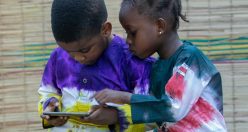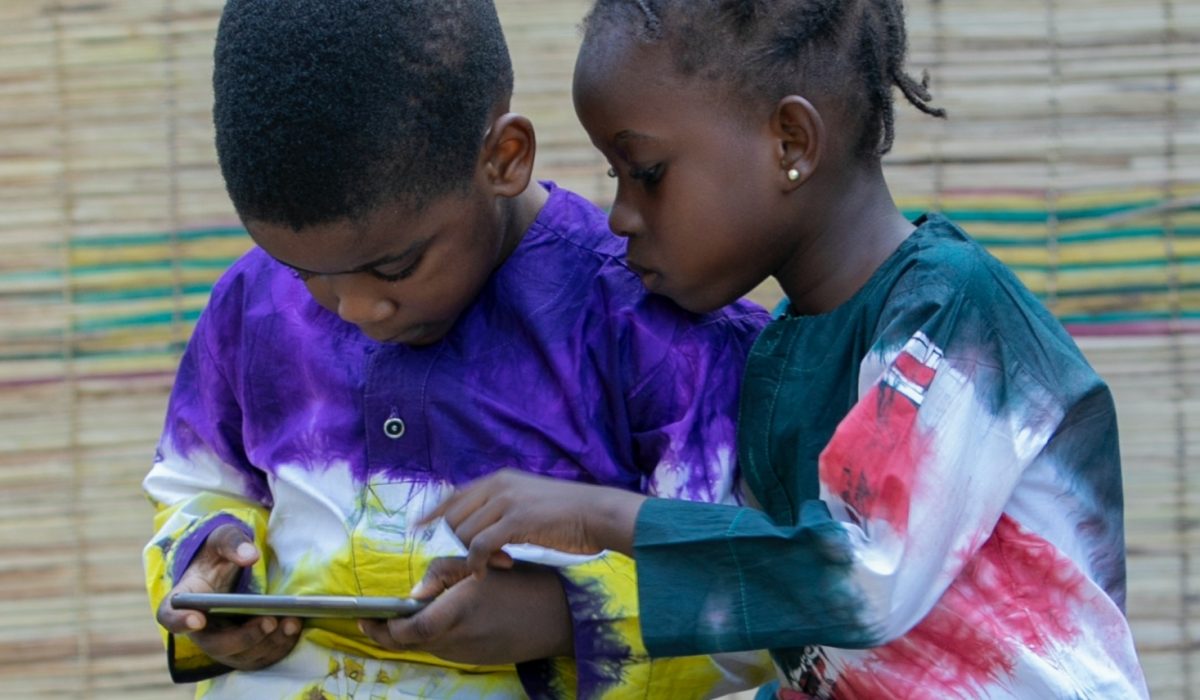Search Global Kids Online
-

Adjusting to a socially distanced world
29th April 2021
Although COVID-19 presented challenges for research and fieldwork in 2020, our Global Kids Online partners have made important progress still. We share updates and reflect on lessons learned during a year of adjusting to a socially distanced world. While the lives of many children have become digital by default, Global Kids Online has worked to unpack how digital inequalities affect children’s online opportunities, to identify pathways to vulnerability, inform child protection efforts, and to flag concerns about the impact of digital marginalization on child rights.
-

Children globally rely on the internet during Covid19
23rd April 2021
During COVID19 it has become more urgent than ever to recognise the importance of the digital environment for children and young people. In a digital world, internet access is a vital gateway for both the realisation and violation of children’s rights. Recently the global #CovidUnder19 project released new findings on how children are relying on the internet for their information, education and participation.
-

Pathways from offline to online risk: new findings
9th February 2021
Children’s lives are increasingly mediated by digital technologies, yet our knowledge of how this affects their well-being is patchy. Today, UNICEF and LSE are launching our rapid evidence review aiming to identify the pathways to resilience and harm and the factors that can intensify risk or protect children from it. Ensuring children’s well-being and positive engagement with digital technologies requires more attention to long-term consequences and filling the gaps in our evidence, regulation, and education initiatives.
-

International day against violence and bullying
4th November 2020
The UNESCO member states declared the first Thursday of November the International day against violence and bullying at school in recognition that school-related violence in all its forms is an infringement of children and adolescents’ rights to education and to health and well-being. In support of this initiative, we reflect on the comparative findings of the Global Kids Online network based on data among nearly 15,000 internet-using children in 11 countries across Europe, Africa, Southeast Asia and Latin America.
-

Do parents know about their child’s online risks?
21st October 2020
Netsafe’s latest research provides insights from a study looking at New Zealand parents’, caregivers’ and whānau perceptions of children’s experiences of online risk and harm. It is the third report from Ngā taiohi matihiko o Aotearoa – New Zealand Kids Online, Netsafe’s implementation of the Global Kids Online methodology, and the first to look at parents’ perspectives of the challenges their children navigate online.
-

New comparative findings: what have we learned?
31st July 2020
Technologies are not beneficial or harmful all by themselves. Much depends on how technologies are designed, deployed and promoted by businesses and the state, on how parents interact with children in relation to digital contents and services at home, and how schools embed technologies in their curricula to support learning and participation. A new report compares findings from the Global Kids Online survey in Brazil, Chile, Costa Rica and Uruguay, pointing to the importance of media literacy, parental mediation, and state regulation for maximising children’s online benefits and minimising harm.
Popular tags








